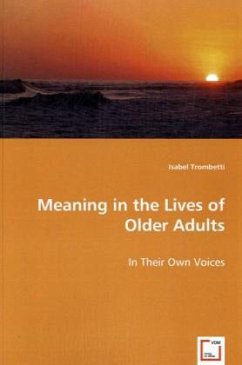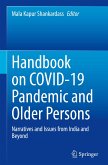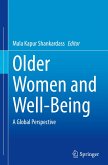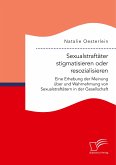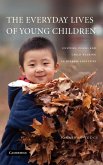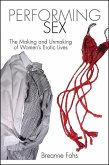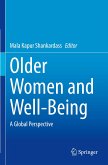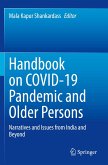This work attempts to advance our understanding of how we as human beings perceive, judge, and evaluate our lives, particularly in the last stage of the life cycle. It counterbalances the predominantly quantitative approach to meaning in life (MIL) by interviewing older adults as they reflected on and attempted to find purpose and value in the totality of their experiences. These participants reported that life has been and continues to be meaningful, and they attributed their sense of meaning to relationships, agency and control, helping others, and faith. It also investigated Quality of Life (QOL). Older adults reported that life has and continues to be of high quality. In fact, their QOL estimates were higher than those of a comparison sample of college students. The relationship between QOL and MIL was explored. QOL estimates did not predict MIL estimates. This finding suggests that Quality of Life and Meaning in Life were conceptually distinct for this sample of older adultsas they contemplated the inevitability of a finite existence and, from this perspective, reviewed the life they have lived, hoping to achieve a sense of what Erik Erikson called integrity.
Bitte wählen Sie Ihr Anliegen aus.
Rechnungen
Retourenschein anfordern
Bestellstatus
Storno

